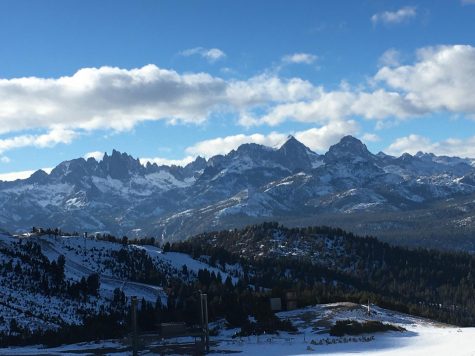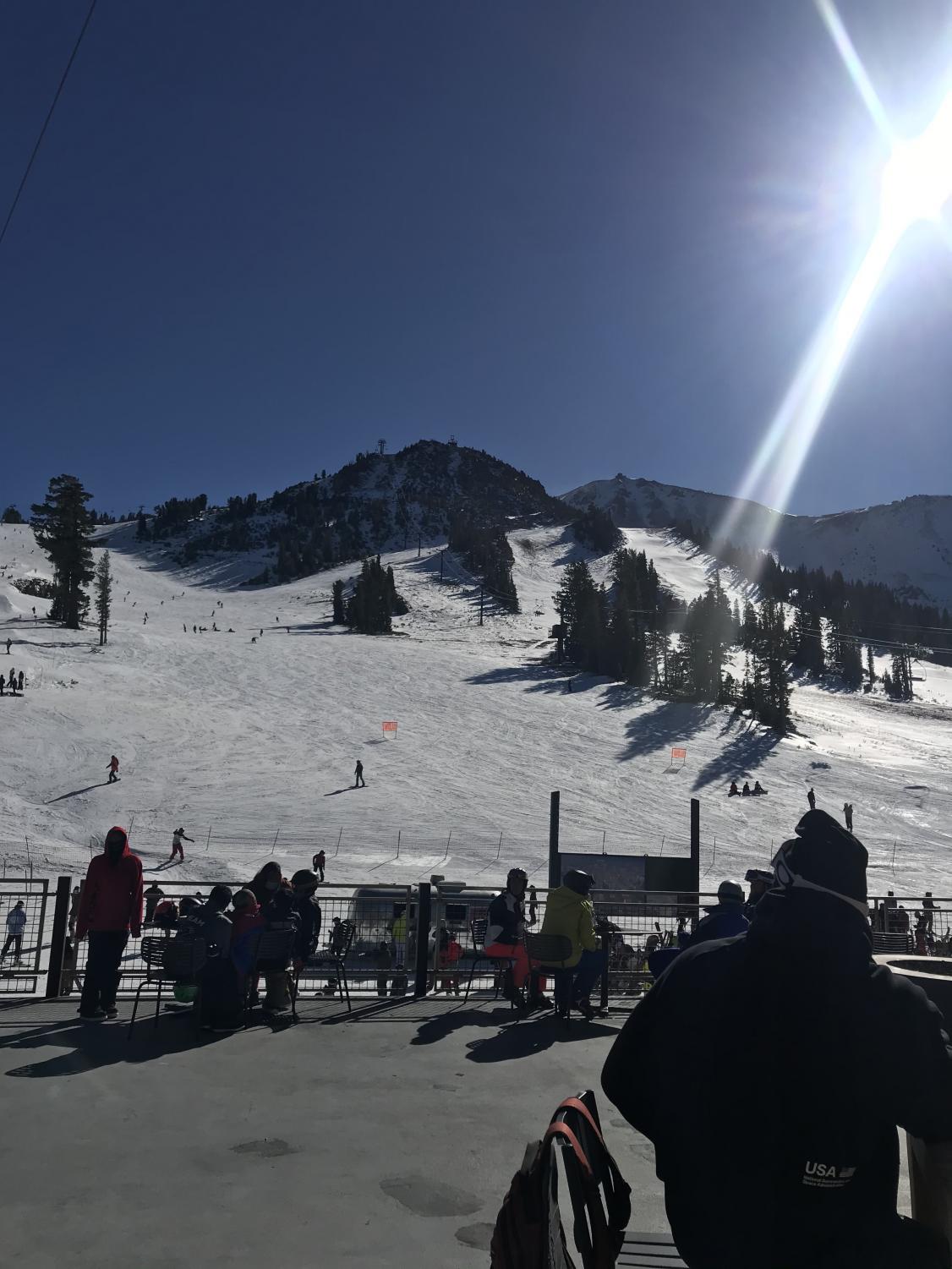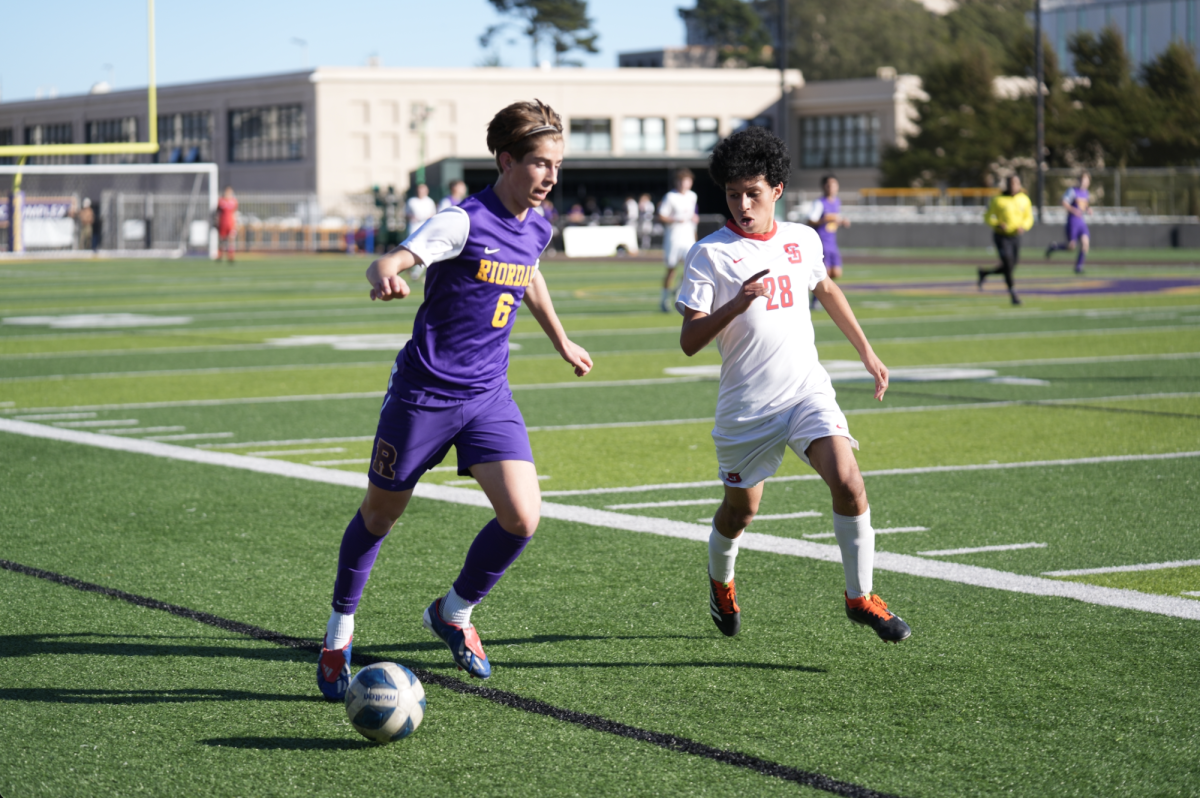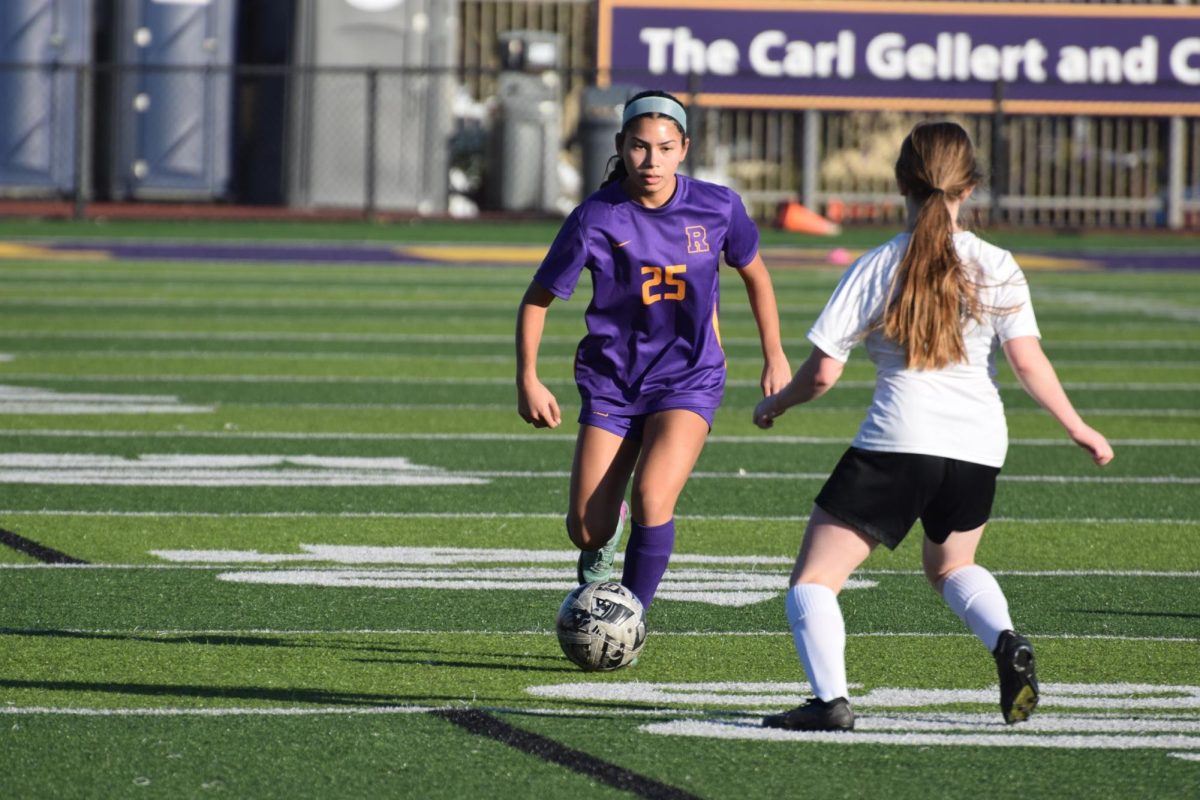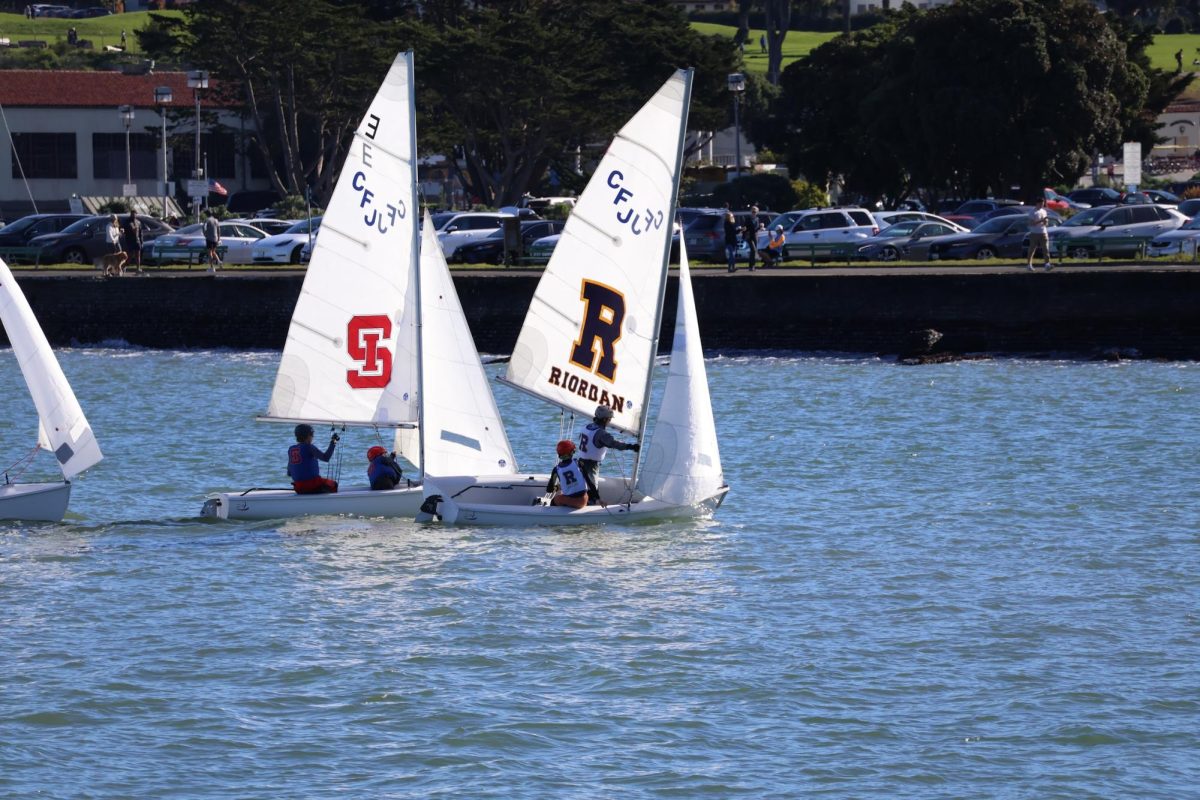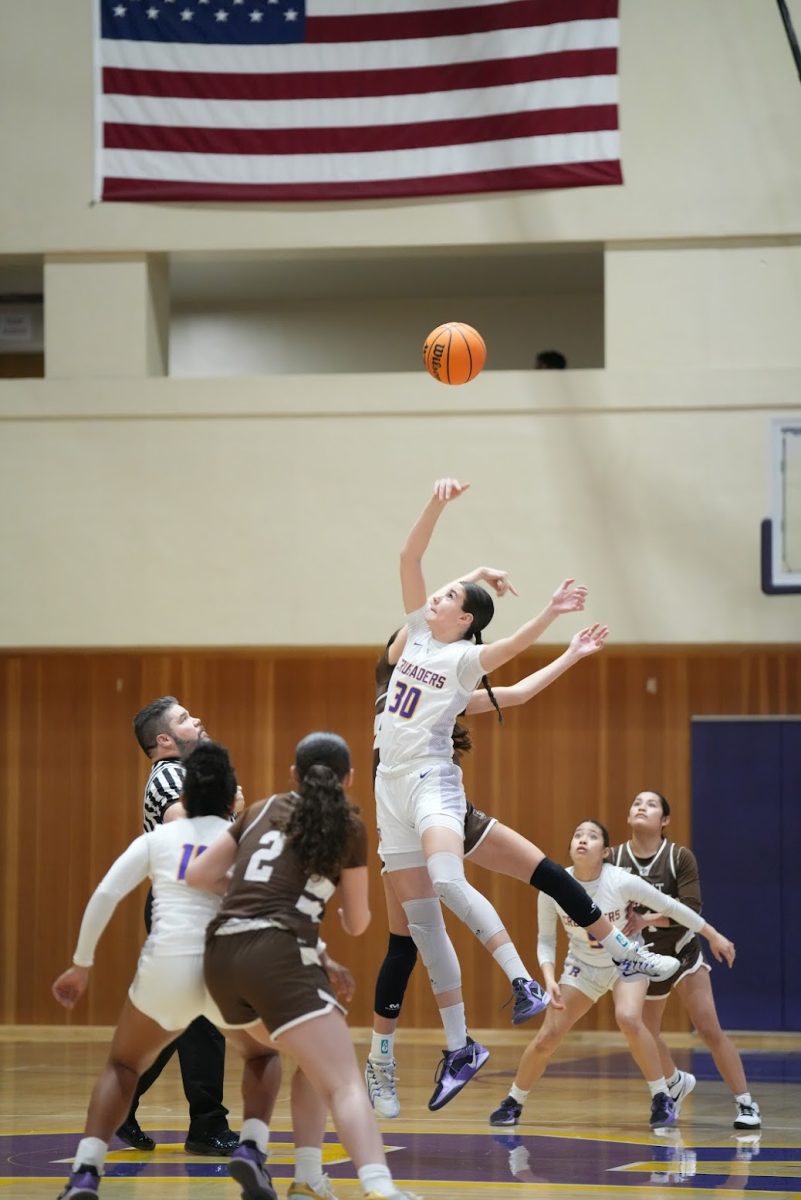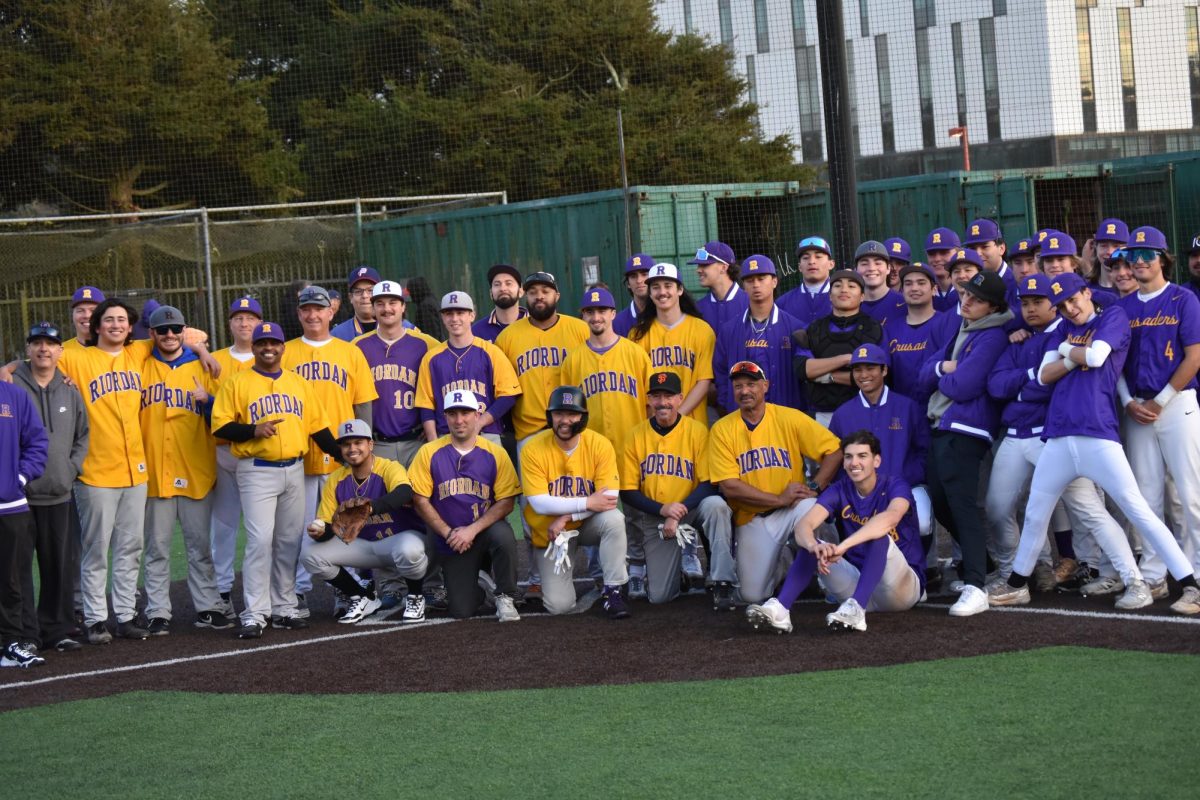The Coronavirus has derailed nearly all of 2020, but what does this mean for winter sports? On Nov. 13, Mammoth Mountain, in Mammoth Lakes, California, opened for the 2020-2021 season. By abiding by both local and state guidelines, Mammoth will be allowed to continue business–despite COVID-19.
To ensure the safety of their customers, $1 million was invested in COVID precaution equipment. This includes sanitizing stations, new technology, and updated social distancing policies.
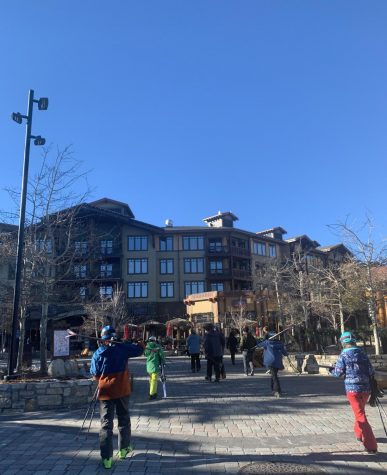
As shown on the “COVID-19 resources” section of their website, there are advanced expectations for all guests to follow, acknowledging that, “An inherent risk of exposure to COVID-19 exists in any public space.” The motto, “Stay Safe to Stay Open,” is often used.
So far the state-mandated Stay Home order hasn’t affected the resort, and business will go accordingly. Unfortunately, the same cannot be said across the US; an estimated $2 billion was lost within the ski industry since the pandemic.
Active Ikon Pass holders, which are similar to a “seasons pass,” grants priority and admission to multiple resorts around the world. Walk-up sales for day passes are no longer available.
Because of quarantine, the anticipation to ski has been building since March; keeping in mind that last year’s season was cut four weeks short. Mike Mulqueen, a skier since the age of 12, recently visited Mammoth and witnessed the COVID protocols in action.
“Honestly I can’t complain, everything they’re asking for is doable,” he said.
Surprisingly, the experience manages to stay relatively normal, most likely because gloves and masks were already worn to protect participants from the cold.
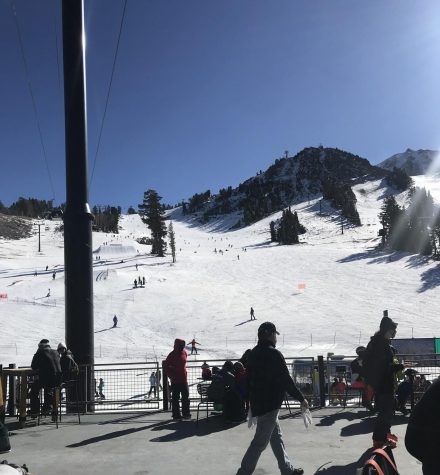
Of course, if an individual is exhibiting symptoms, they’re required to stay home. Other than that, a 6 feet minimum is asked to be maintained in chairlift lines, cafeterias, and shops, with limited 20 percent capacities for indoor spaces, gondolas, and shuttle buses. An added 9 feet is expected to be shared between skiers and snowboarders on the mountain.
Thin neck gator masks aren’t protective against COVID, and skiers asked to wear an additional mask underneath. Standard reusable or surgical masks are completely fine. Employees are constantly disinfecting, cleaning bathrooms, dining tables, doorknobs, etc.
If rules are not obeyed, consequences can be as follows: verbal or documented warning, suspended pass, loss of riding privileges, and removal from the mountain.
Although the rules sound extensive, many are grateful to be involved in the sport again, especially considering snow conditions are better compared to earlier years. Since skiing and snowboarding are outdoor activities and are social-distanced, COVID won’t derail this sport.
Keeping in mind all the precautions taken and the added bonus that Mammoth is a beautiful resort, far larger than local ones, Mulqueen said, “I definitely recommend making the trip.”
